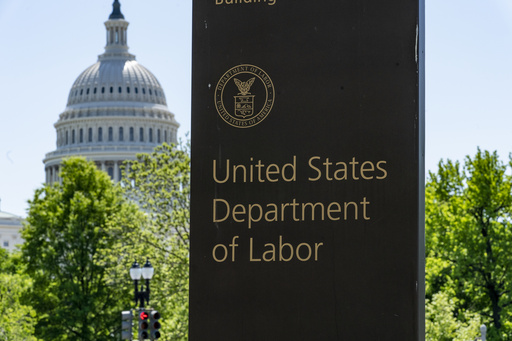
Small business owners have generally welcomed a recent ruling from a federal judge that overturned an overtime regulation that would have expanded eligibility for overtime pay to a larger number of salaried employees across the country.
On November 15, a Texas judge blocked a Biden administration initiative aimed at increasing overtime pay access for millions. Currently, almost all hourly workers in the U.S. qualify for overtime after working 40 hours a week. Many salaried employees, however, are exempt from this rule unless their earnings fall below a specified threshold.
The proposed rule represented one of the most significant increases in this exemption cap in decades. As of July 1, companies would have had to pay overtime to salaried employees earning $43,888 in particular executive, administrative, and professional positions, with that figure set to increase to $58,656 starting January 1. With the judge’s decision, the previous threshold of $35,568—established in 2019 during the Trump administration—will remain in place.
The ruling indicated that the Department of Labor could not prioritize employee wages over their job responsibilities when determining eligibility for overtime pay.
Guillaume Drew, who manages Or & Zon, an online retailer of sustainable home products based in New York and employing 12 individuals, expressed that the cancellation of the rule enables him to keep labor expenses and product prices manageable, especially for future hires. Currently, his existing employees were not affected by the proposed changes. Yet, Drew emphasized the importance of fair compensation, mentioning that instead of overtime, he may consider offering incentives such as spa days or remote work opportunities to his employees.
“It’s essential for companies to find a balance between being financially sustainable and showing care for their employees,” Drew noted.
Sheldon Sutherland, who runs Epoxy Werx, a San Diego business specializing in epoxy flooring with 12 staff members, also viewed the ruling positively. “For small businesses like mine, managing labor expenses is vital, and the proposed changes would have significantly increased costs,” he stated. “This decision helps us preserve our existing pay structures, ensuring we stay financially stable while continuing to offer competitive wages.”
Small business advocacy groups reacted favorably to the decision. John Arensmeyer, founder and CEO of Small Business Majority, remarked that while halting the increase in the threshold disregards inflation considerations, the Department of Labor’s efforts were too ambitious and caused undue stress for businesses still recovering from the pandemic. “We need more gradual and predictable increases in the future,” he advised.
Karen Kerrigan, president and CEO of the Small Business & Entrepreneurship Council, also highlighted that this ruling aids small business operators grappling with challenges. “This allows employers to tailor their compensation strategies to better suit the unique needs of their employees and the market,” she explained. “The court’s ruling serves the interests of both small business owners and their employees.”
Conversely, some believe this ruling could be detrimental for small businesses. Stephanie Penn, who owns Tee & Honey, an online t-shirt boutique in Southfield, Michigan, argued that fair compensation, including overtime, is essential for employee morale and boosts productivity. Two of her staff members would have been directly impacted by the higher cap had it taken effect.
“Clear guidelines regarding overtime pay help prevent misunderstandings and disputes about compensation,” she commented. “By invalidating this rule, it imposes a heavier burden on businesses like mine, which aim to treat their employees fairly, while also potentially fostering inequities that could hurt morale and employee retention.”
